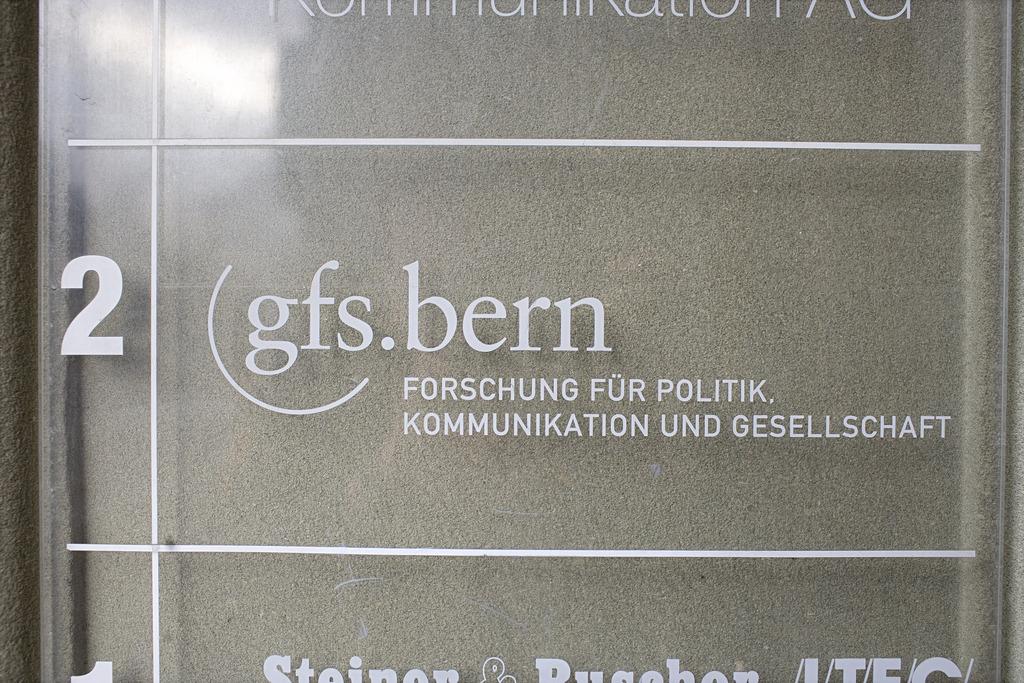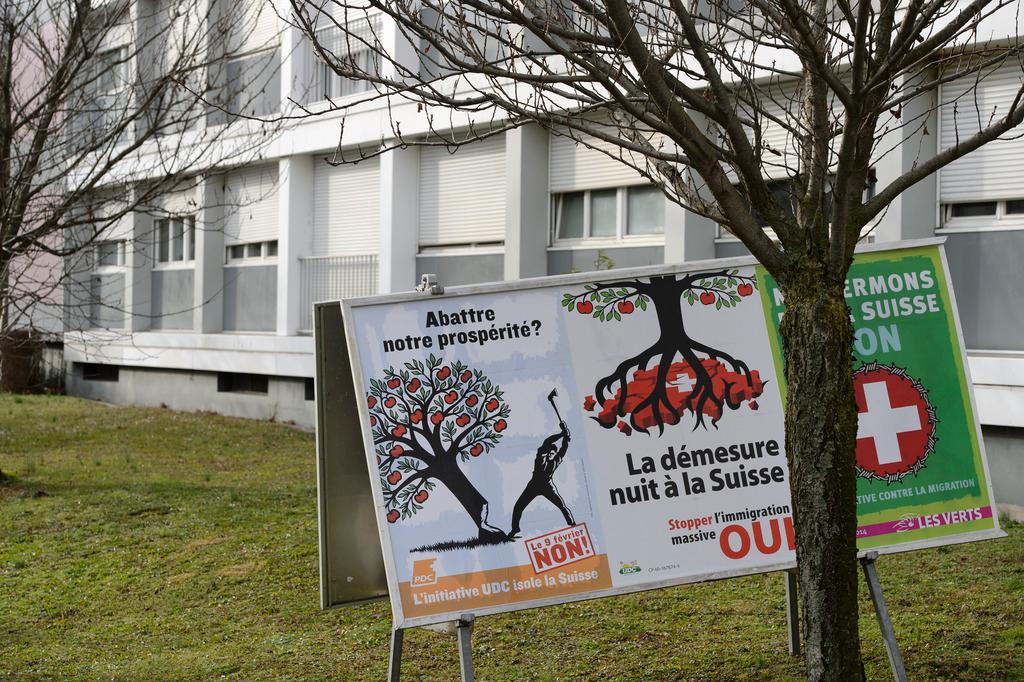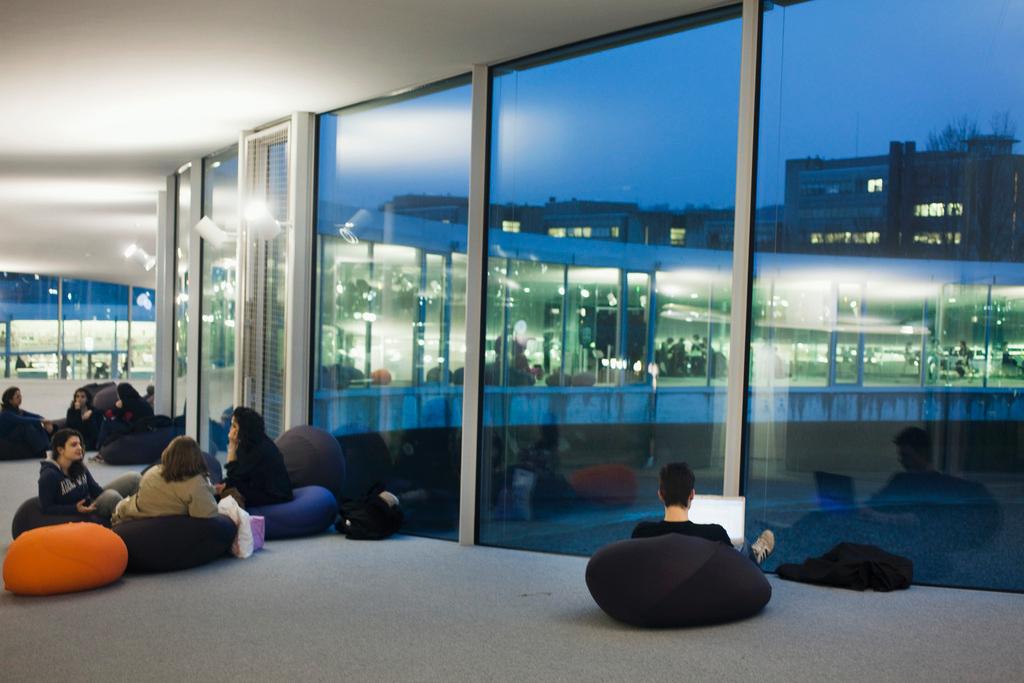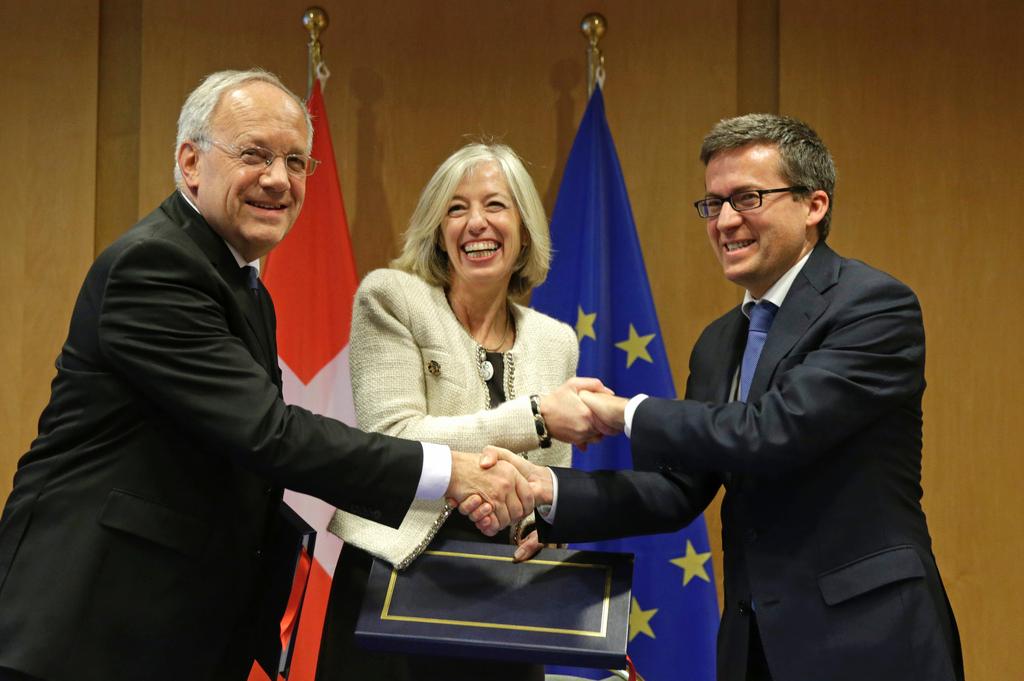Swiss support bilateral treaties with the EU

A majority of Swiss citizens surveyed view the country’s bilateral treaties with the European Union as advantageous, according to results of a gfs.bern poll reported on Sunday in the newspaper Neue Zurcher Zeitung am Sonntag.
According to the poll, 55% of those surveyed believe that the bilateral treaties “have only advantages” (12%) or “tend to have advantages” (43%), while 16% see both advantages and disadvantages. Fewer people surveyed found that the treaties “tend to have disadvantages (18%) or “have only disadvantages” (5%).
There were noticeable differences between language regions, with only 24% of people in Italian-speaking areas seeing mostly advantages and 39% seeing mostly disadvantages. In contrast, 59% of German speakers saw mostly advantages in the treaties. Surprisingly, French speakers – who tend to be more “Europe friendly” – landed in between, with 48% seeing mainly advantages.
The poll was sponsored by Interpharma, an association of pharmaceutical companies in Switzerland that conduct research. Why? Because pharmaceutical companies in Switzerland exported medications worth CHF70 billion ($71.7 billion) in 2014 – 54% to the EU – Interpharma General Secretary Thomas Cueni told the NZZ.
“The bilateral treaties, and in particular those that cover technical barriers to trade, make it easier to export to the EU,” said Cueni. “Stable relationships with the EU are very important for our branch.”
Anti-immigration vote
The poll was conducted in February 2015, exactly one year after Swiss voters narrowly passed legislation restricting immigration from the European Union. The requirement to reduce immigration threatens bilateral agreements between Switzerland and the EU, which depend on the free movement of people across borders.
According to gfs.bern, only 32% of people surveyed were in favour of cancelling the bilateral treaties, as would be required in a literal implementation of the February 9, 2014, vote. If they had to choose between implementing the initiative or maintaining the treaties, 59% would maintain the treaties, the poll found.
There has been much fallout since the vote. The EU demonstrated its unwillingness to compromise on the free movement of people; the scientific community in Switzerland was temporarily shut out of Horizon 2020, a European funding programme; Swiss students were excluded from the Erasmus student exchange programme, and the Swiss National Bank did away with a fixed euro-franc exchange rate, leading to belt-tightening at Swiss companies.
Interestingly, according to Claude Longchamp, the head of the polling institute, there would not be a major change if the Swiss people voted again today on the anti-immigration initiative.
“A new vote would end in a narrow ‘no’ or a narrow ‘yes’,” just alike a year ago, he said.
The current poll was the most complex conducted by gfs.bern to date. Rather than polling a selection of people from the Swisscom telephone book, gfs.bern used telephone numbers that were randomly generated by a computer, and for the first time portable telephones were included instead of just fixed lines.

In compliance with the JTI standards
More: SWI swissinfo.ch certified by the Journalism Trust Initiative




You can find an overview of ongoing debates with our journalists here. Please join us!
If you want to start a conversation about a topic raised in this article or want to report factual errors, email us at english@swissinfo.ch.